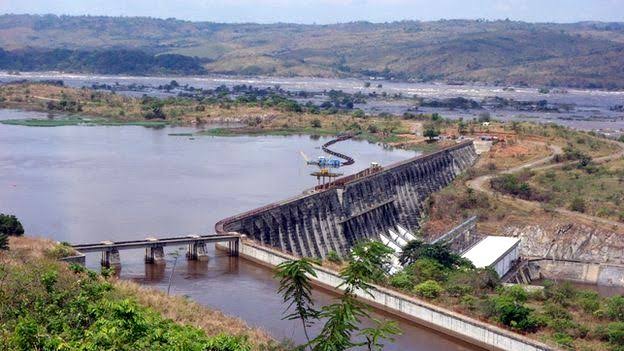South Africa’s plan to import 2,500 megawatts of electricity from the Democratic Republic of Congo’s (DRC) Inga 3 dam faces hurdles, with the proposed transmission line crossing both countries, according to Minister Mantashe.
Speaking to Parliament’s Portfolio Committee on Tuesday, Mantashe clarified that the Grand Inga project is a DRC initiative involving Spanish and Chinese entities. While South Africa has the right to buy equity in the project, which would require DRC approval, it has not yet done so.
“The Grand Inga project is not ours; it’s a DRC project, given to the Spanish and Chinese… It is not our project. We have committed ourselves to a quantity of electricity that will be taken up by South Africa, but the driving of the project is out of our jurisdiction,” Mantashe stated, as quoted by Daily News.
Read more: ECOWAS Parliamentarians Address High Airfares in West Africa
South Africa signed a treaty with the DRC in 2013 to secure electricity from Inga, with a long-term goal of importing up to 5,000 MW. However, the project has been plagued by delays due to financing and political obstacles.
Crown Prince Adil Nchabaleng, a member of parliament from the MK Party, questioned the minister’s optimism, challenging the feasibility of relying on Grand Inga for domestic power supply. Mantashe maintained that discussions with neighboring countries are ongoing.
Meanwhile, Mantashe also addressed the recent launch of the South African National Petroleum Corporation (SANPC), created through the restructuring of his department. He said the move allows the country to better prioritize petroleum, which still accounts for 80% of global energy consumption, despite the increasing focus on renewables.
The Grand Inga project, located on the Congo River, is one of the world’s largest proposed hydropower schemes.






